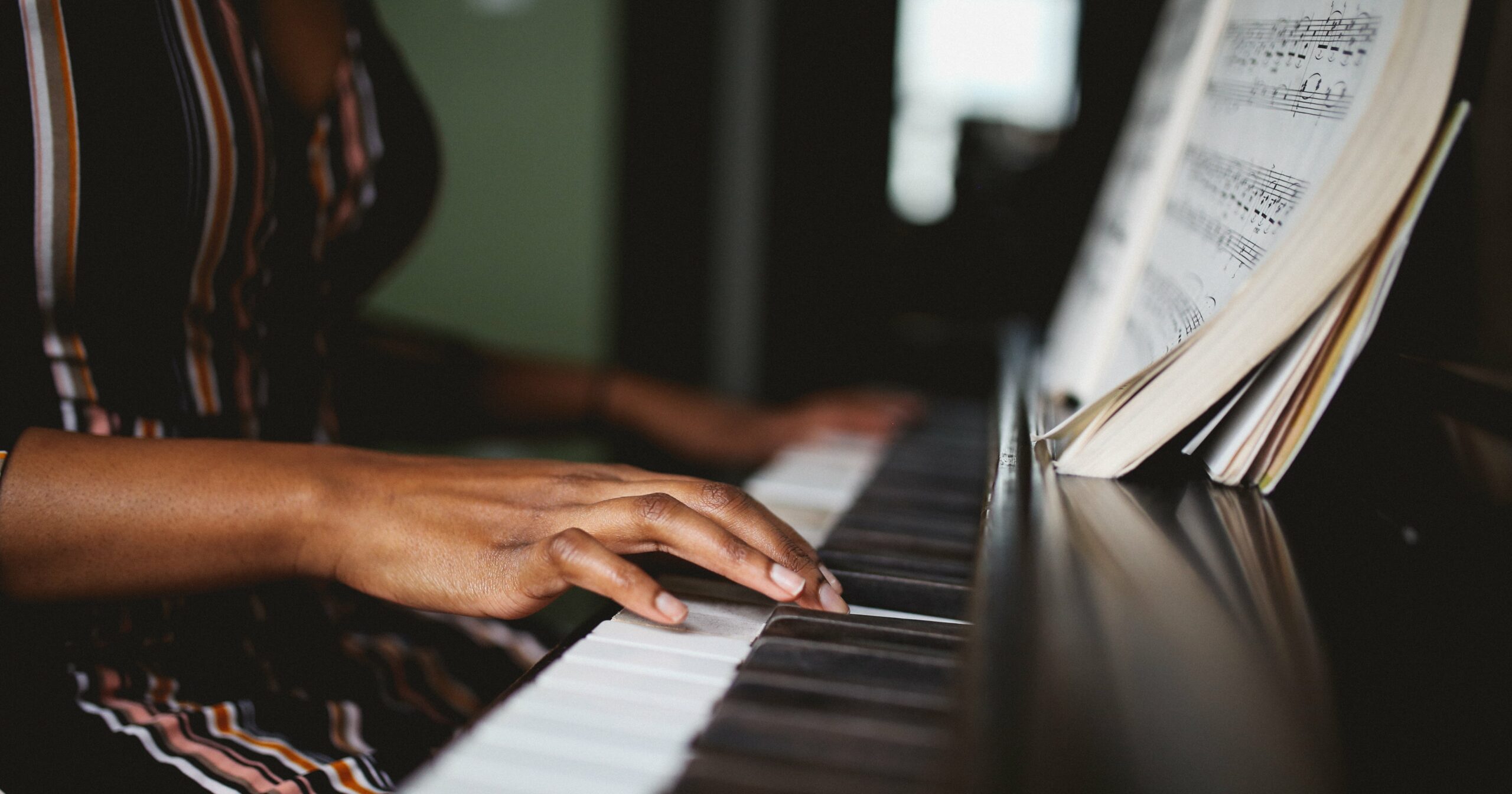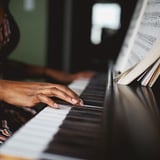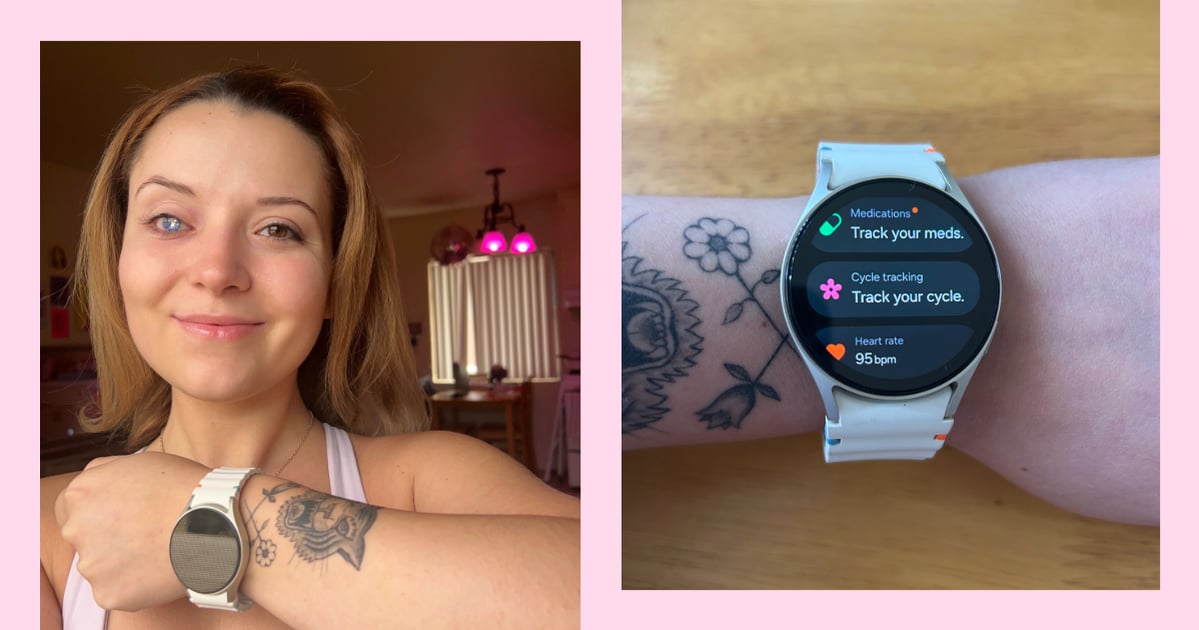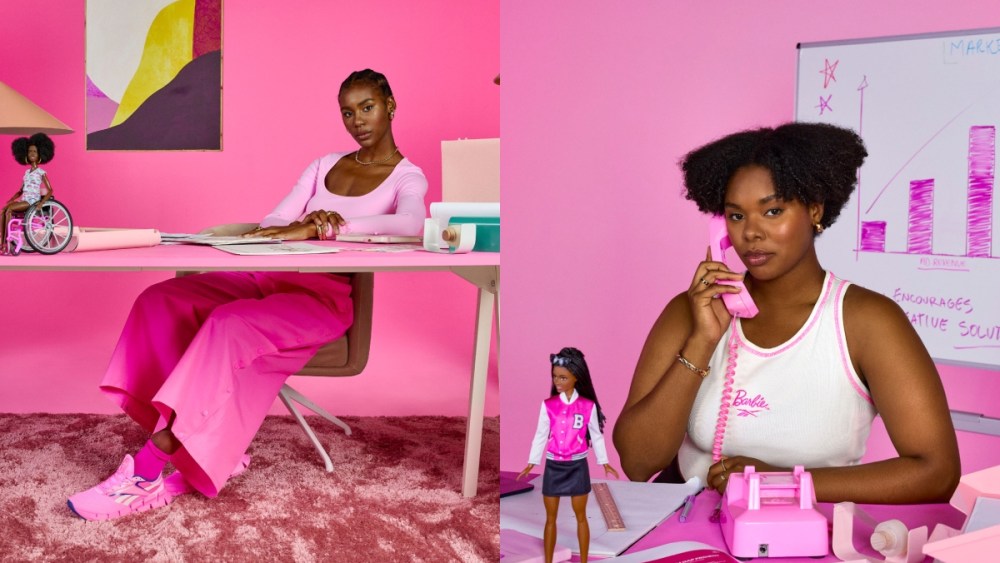Like most children, I was naturally drawn to music at a young age. Unlike most children, I was dying to learn how to play it. My father is a skilled rock guitarist and was always playing in bands when I was growing up. Although I tried my hand at the guitar under his tutelage around the age of 6, it wasn’t much for me. The strings made my fingers hurt and it never felt quite right. Instead, I was attracted to the old pump organ we had sitting in our den. I used to poke at its keys and wish it was a piano.
Living in a rural area, piano teachers weren’t easy to come by and despite my parents’ best efforts, they weren’t able to get me into lessons until I was about 10 years old. This is pretty late in the game for anyone looking to be a serious pianist, but I had an unwavering amount of excitement and determination. At that point in time, I had been attempting to teach myself for about six months using a “Learn How to Play Keyboard” self-guided book and a 61-key keyboard that my parents had gifted me for my birthday. My fingers were weak and untrained, and I was lacking even the most basic technical knowledge, but I couldn’t be deterred.
I was an avid student. I learned some scales, how to hold my wrists correctly, and grasped playing with both hands simultaneously. Practicing for a couple hours each day, I was able to progress throughout middle and high school and get myself to an intermediate playing level. I started writing my own music and managed to achieve a certain level of local fame, playing paying gigs at outdoor events and coffee shops. I even produced an album of my own music at the age of 15.
Things changed I went to college. Starting my freshman year, my piano practice fell to the wayside. There wasn’t any space in my dorm room for my little keyboard and the piano in my dorm’s lobby was usually out of tune or surrounded by other students. When I was home on break, I would plunk at the keys now and again, but I was out of the habit and unmotivated without lessons to help me consistently improve.
Unlike riding a bike, playing an instrument really does require consistent practice if you want to maintain your skills and level of playing. And I let mine deteriorate.
Fast forward about seven years through college, grad school, internships, and two full-time positions, and I found myself seeking more fulfillment out of life. I was married, a homeowner, had a steady job in my chosen industry, and was volunteering in several community organizations – but there was still something missing.
I spent many days guiltily looking at the digital piano my father and stepmother had given me as a graduation gift and wishing I could play like my youthful self. I was embarrassed by how much my skills had faded. When I did occasionally sit down at the keys, I struggled to read the sheet music and my hands were weak and clumsy. I was so incredibly embarrassed and sad. What had once been my greatest form of self expression had now become a token of the past.
On more than one occasion I considered re-enrolling in piano lessons, but I would always manage to talk myself out of it.
“I don’t have the time.”
“I don’t have the money.”
“I still don’t have a real piano.”
I was making excuses.
It took me a solid year of consideration and mental back-and-forth before I finally shut down the naysayer in my head and emailed a local piano teacher, asking if she would take me as a student. I clarified that I was an adult with some previous (but extremely rusty) experience – not an adorable 7-year-old whose young mind would pick up scales like an innate superpower – and much to my excitement and terror, she offered me a weekly lesson.
I was so nervous going to that first lesson. It had been so long and I felt like a fish out of water. But a year-and-a-half later, I can confidently say that it was one of the best decisions I’ve made in my adult life. Here’s why:
1. I Regained a Creative Outlet
There is something raw and cathartic about the music-making process. If you play a musical instrument yourself, then you know exactly what I’m talking about. As a practicing visual artist, writer, and musician, I’ve learned that I achieve different levels of satisfaction from each practice. Each outlet provides me with a unique way of expressing myself. Music gave me back a piece of my soul that I didn’t realize I was missing.
2. I Started Dedicating Time For Self-Care
Having a weekly lesson keeps me accountable. I dedicate at least 30 minutes to practicing every day because I’ve made the commitment to myself and my instructor to be a piano student and work each week to get better. As I know from my college years, not having a scheduled lesson each week made it too easy to not play at all. So often, the first things to be erased from our priority list are the things that bring us joy. I’m learning more each day how imperative it is to hold on to your hobbies and passions. Those are the things that give your life color. The house chores can wait.
3. I Discovered a New Sense of Fulfillment
I’m a career-motivated person, which means I get a deep sense of accomplishment from my work. But as many of us have experienced, placing all of your happiness and fulfillment in the hands of your employer can be a path laden with frustration. You don’t always get the pay or credit you think you deserve or promoted on the timeline you think is appropriate. No matter how much you love your job, work is bound to be occasionally frustrating. Being a piano student allows me to gain a sense of fulfillment and accomplishment outside of the office. I practice every day and take a lesson each week. That means that I do inevitably find myself improving! I’m now venturing into advanced level playing (a goal that once seemed far, far away) and am more comfortable reading sheet music than I’ve ever been. Frustration fueled at the office feels irrelevant and small when I’m tackling a new piano piece with ease.
4. I’m Refining a Skill I Get to Pass On
Because I played when I was pregnant, I was even more proud of myself for taking the leap and revisiting my old passion. I love that my baby was treated to Bach, Beethoven, and Tchaikovsky on a regular basis and is now familiar with the sound of music. In my own form of nesting, my husband and I purchased a barely used piano for our home. It was important to me that we have a piano for our son’s arrival so that the world of music would always be accessible to him. Whether my son chooses to pursue music or not, I’m proud demonstrating the importance of pursuing one’s passions.
Not everyone has an interest in learning to play a musical instrument, but many of us do have hobbies or passions that we’ve allowed to fall to the wayside in our adult lives. For those of you who have a nagging voice in your head, saying, “I wish I could get back to . . .” or “I wish I had time for . . .” my advice is this: make time. Do things just for the fun of it (not everything has to be a side hustle). Prioritize yourself once in a while. Stand up to your own insecurities. Find what brings you joy and pursue it fearlessly. Fill your life with the things that give it color.



